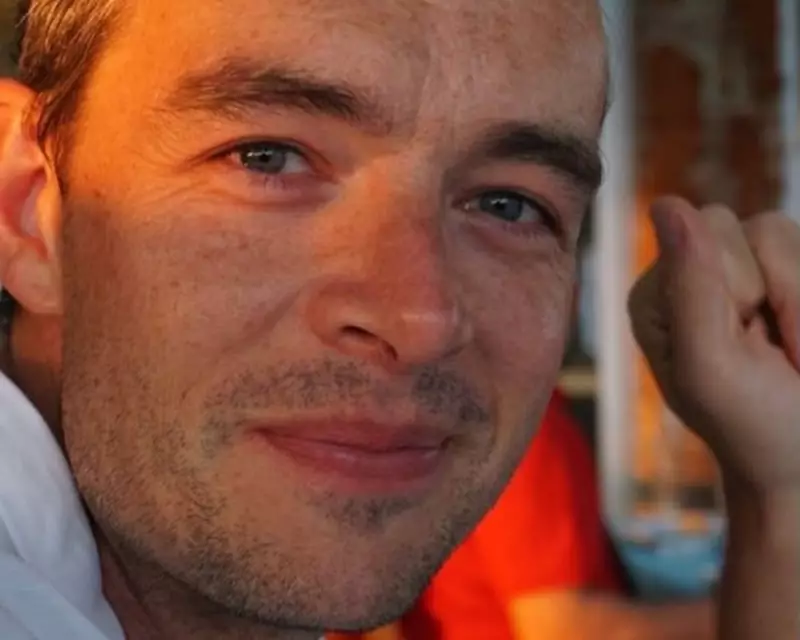
The design world mourns the loss of Professor Marcus Willcocks, a visionary social designer whose revolutionary approach to urban safety transformed how we interact with public spaces. Passing away at 49 after a short illness, Willcocks leaves behind a legacy that literally reshaped city landscapes across the globe.
As principal research fellow at Central Saint Martins, University of the Arts London, Willcocks co-led the groundbreaking Design Against Crime research centre. His work wasn't about creating beautiful objects for galleries; it was about designing solutions that made everyday life safer, fairer and more sustainable for everyone.
Designing a Safer World
Willcocks possessed the rare ability to see design opportunities where others saw problems. His innovative anti-theft devices, including the iconic Bikeoff rack and the Baghook that prevented bag-snatching, demonstrated how thoughtful design could disrupt criminal behaviour without compromising aesthetics or functionality.
His philosophy was simple yet profound: design should serve people first. Whether creating anti-theft furniture for cafes or developing systems to protect smartphones in bars, Willcocks approached each project with empathy and practical brilliance.
From Local Solutions to Global Impact
What began as local interventions in London evolved into an international movement. Willcocks's work influenced urban planning policies across Europe, with cities from Lisbon to Milan adopting his human-centred approach to public space design.
His recent projects tackled contemporary challenges head-on, developing designs to prevent phone theft in public venues and creating innovative solutions for urban nightlife safety. Each project reflected his commitment to making design accessible and beneficial to all members of society.
A Legacy of Empathetic Innovation
Colleagues remember Willcocks not just for his design brilliance, but for his generous spirit and collaborative nature. He mentored countless young designers, instilling in them the belief that design could—and should—be a force for social good.
His work demonstrated that the most effective design often goes unnoticed, seamlessly integrating into our daily lives while quietly making them better. From the bike stands we use to the way we secure our belongings in public spaces, Willcocks's influence touches millions of people every day.
As the design community reflects on his profound impact, Marcus Willcocks's legacy endures in every urban space made safer through thoughtful, human-centred design. His work remains a powerful testament to how creativity, when directed toward social good, can genuinely change the world.





